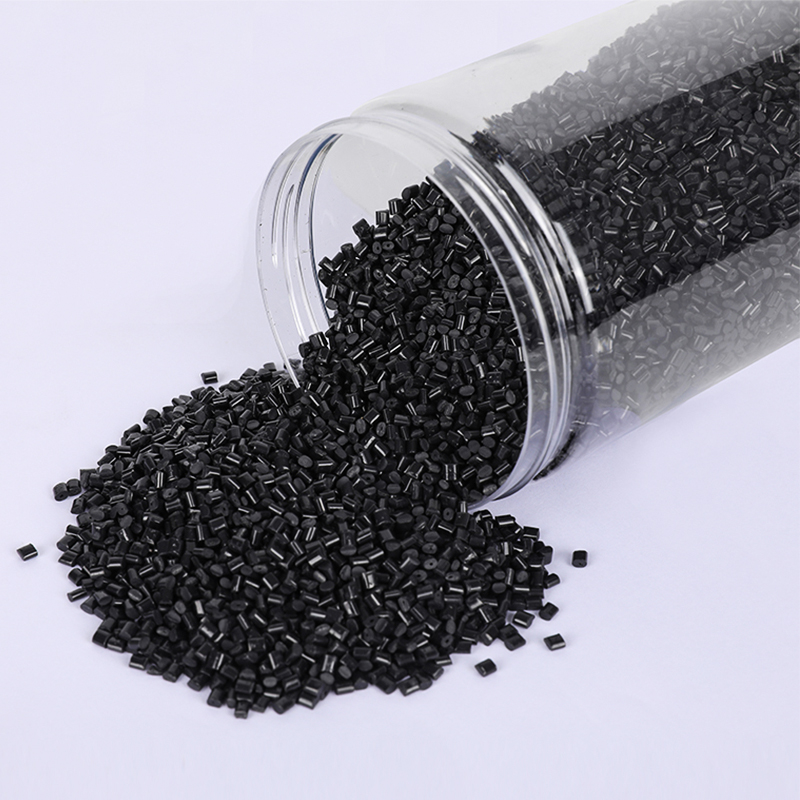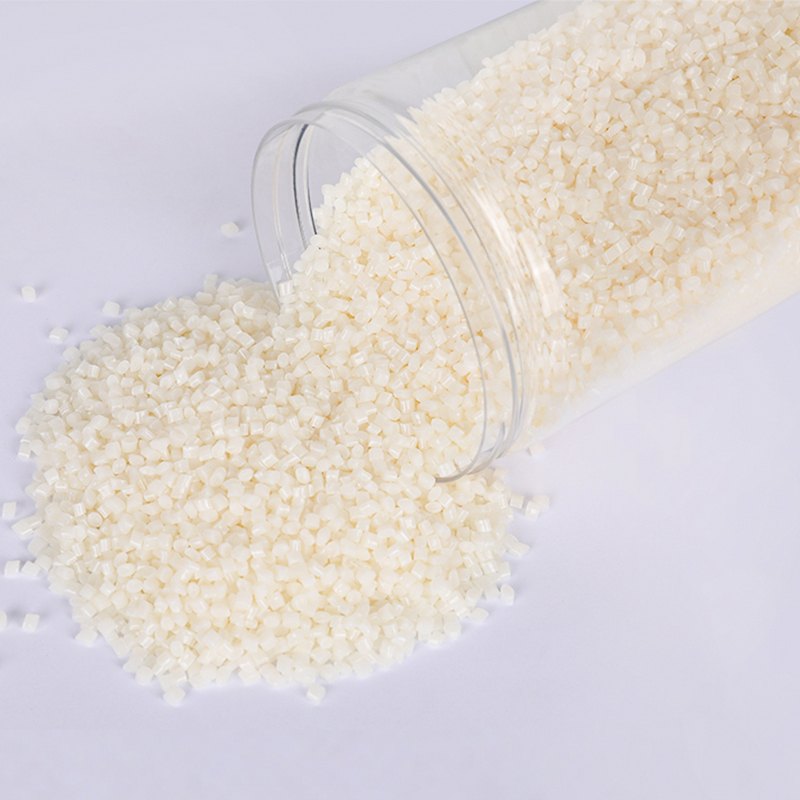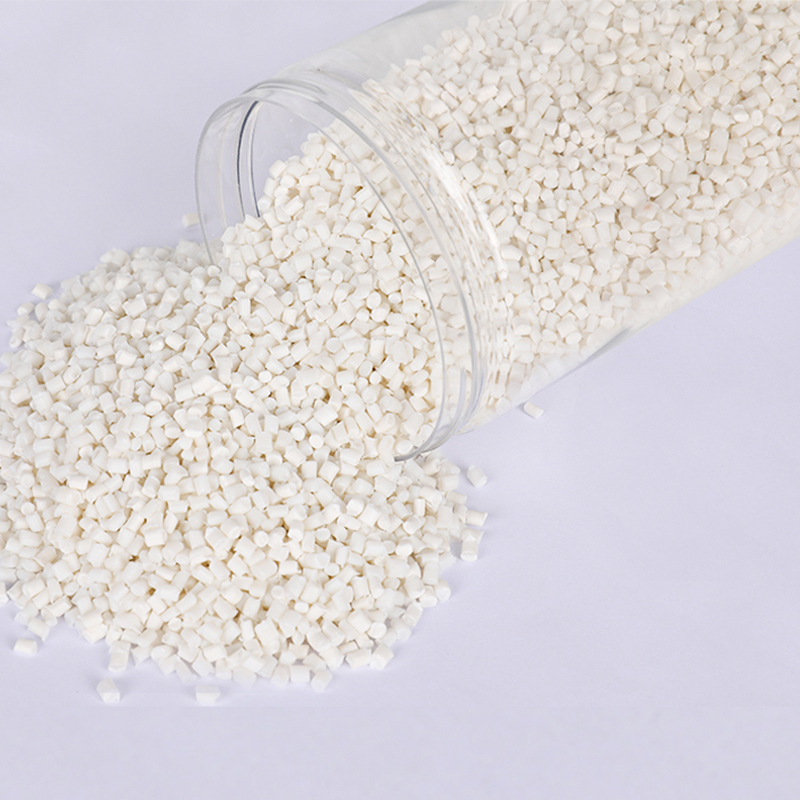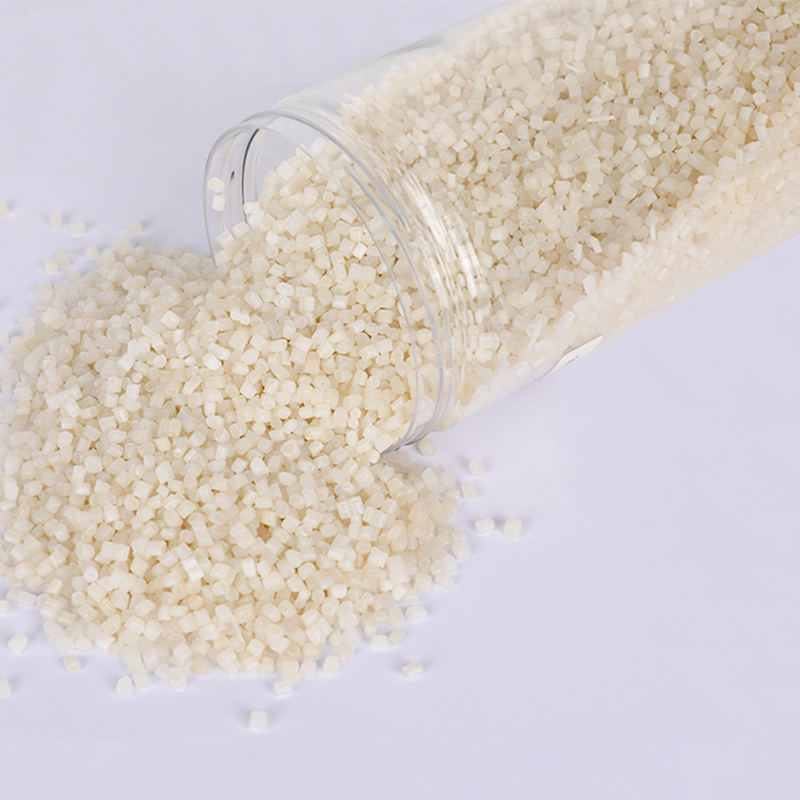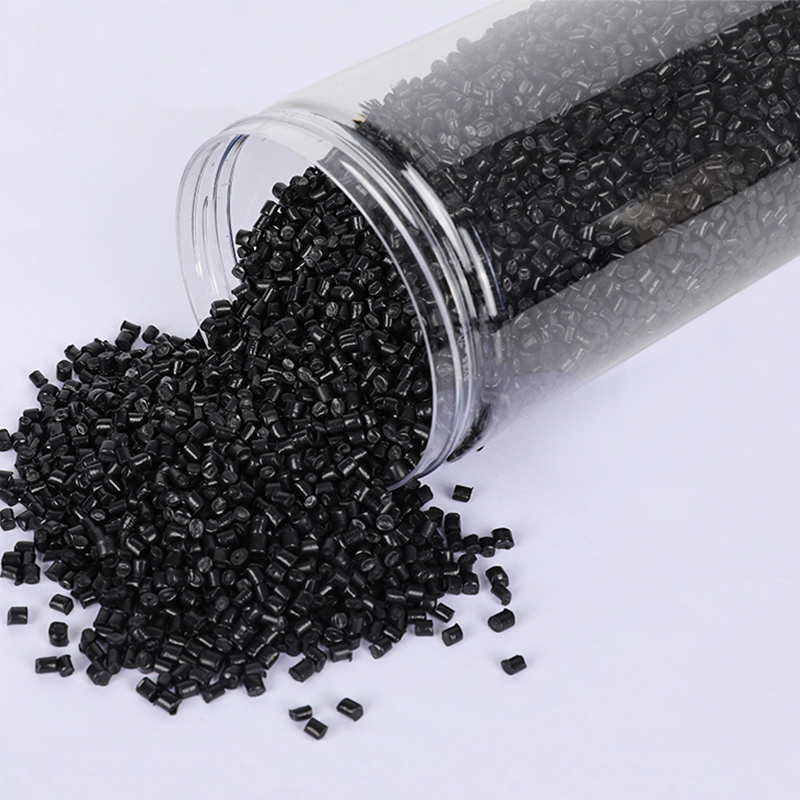Stay up to date with our recent products
Web Menu
Product Search
Exit Menu
How does the mechanical strength of RPA compare to virgin polyamide over multiple recycling cycles?
Recycled Polyamide (RPA) represents a pivotal advancement in sustainable materials, offering a compelling alternative to virgin polyamide (PA) by repurposing discarded polyamide products or manufacturing waste. Central to evaluating RPA's viability is its mechanical strength compared to virgin PA over multiple recycling cycles.
Initially, virgin polyamide boasts superior mechanical properties due to its pristine molecular structure, devoid of any degradation that may occur during subsequent recycling processes. This inherent strength is particularly advantageous in applications requiring robust mechanical performance, such as automotive components and structural materials. In contrast, RPA undergoes a recycling process where polyamide materials are reclaimed, cleaned, and reprocessed into new products. This recycling journey introduces complexities as the polymer chains endure thermal stress, potential contamination, and molecular chain scission, leading to a gradual decline in mechanical strength with each recycling cycle.
Studies indicate that while RPA may experience a reduction in mechanical properties over multiple cycles, technological advancements and stringent recycling practices have mitigated some of these challenges. Innovations in sorting technologies, purification methods, and additive enhancements have been pivotal in improving the quality and durability of RPA. These advancements aim to maintain adequate mechanical integrity across multiple recycling stages, thereby extending the material's lifecycle and enhancing its sustainability credentials.
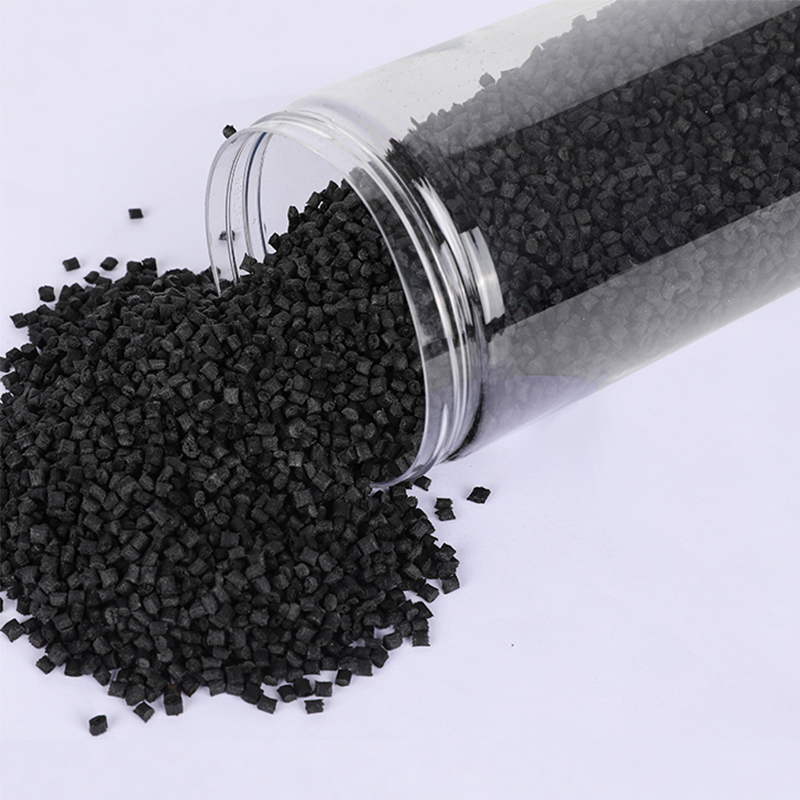
The advantages of RPA lie not only in its environmental benefits—such as reducing waste and conserving resources—but also in its versatility across various industries. Textiles, consumer goods, and even industrial applications increasingly utilize RPA, capitalizing on its reduced environmental footprint and regulatory compliance with sustainability goals. Despite these strides, the mechanical strength of RPA remains a critical consideration, particularly in high-stress applications where the performance gap between RPA and virgin PA may influence material selection.
While virgin Recycled Polyamide initially offers superior mechanical strength, RPA presents a sustainable alternative that evolves through innovative recycling technologies. The mechanical performance of RPA, albeit influenced by recycling processes, continues to improve with advancements in material science and recycling techniques. As industries embrace circular economy principles, the ongoing development and adoption of RPA underscore its role in balancing performance requirements with environmental stewardship, paving the way for a more sustainable future.
As China PCR Recycled Plastic Granules Factory, We always adhere to the experience and philosophy of "keeping up with the times, constantly innovating, developing efficiently, and cooperating for mutual benefit"

Address: No.11, Wangzhuang Section, Provincial Road 01, Daqiao New Area, Economic Development Zone, Haiyan County, Jiaxing City, Zhejiang Province, China
Phone: +86-18058285678
Fax: +86-0573-86868101
E-mail: [email protected]
SUNRISE GROUP(Overseas Exclusive Agent)
www.sunrisechemical.com
2024 ICIS Global Chemical Distributor Top 8
Export Sales Manager:Helen Zhang
Mob/Whatsapp: +86 19883063465
Email: [email protected]
Copyright © Jiaxing Anyiju Plastic Industry Co., Ltd. All Rights Reserved

 简体中文
简体中文 English
English

